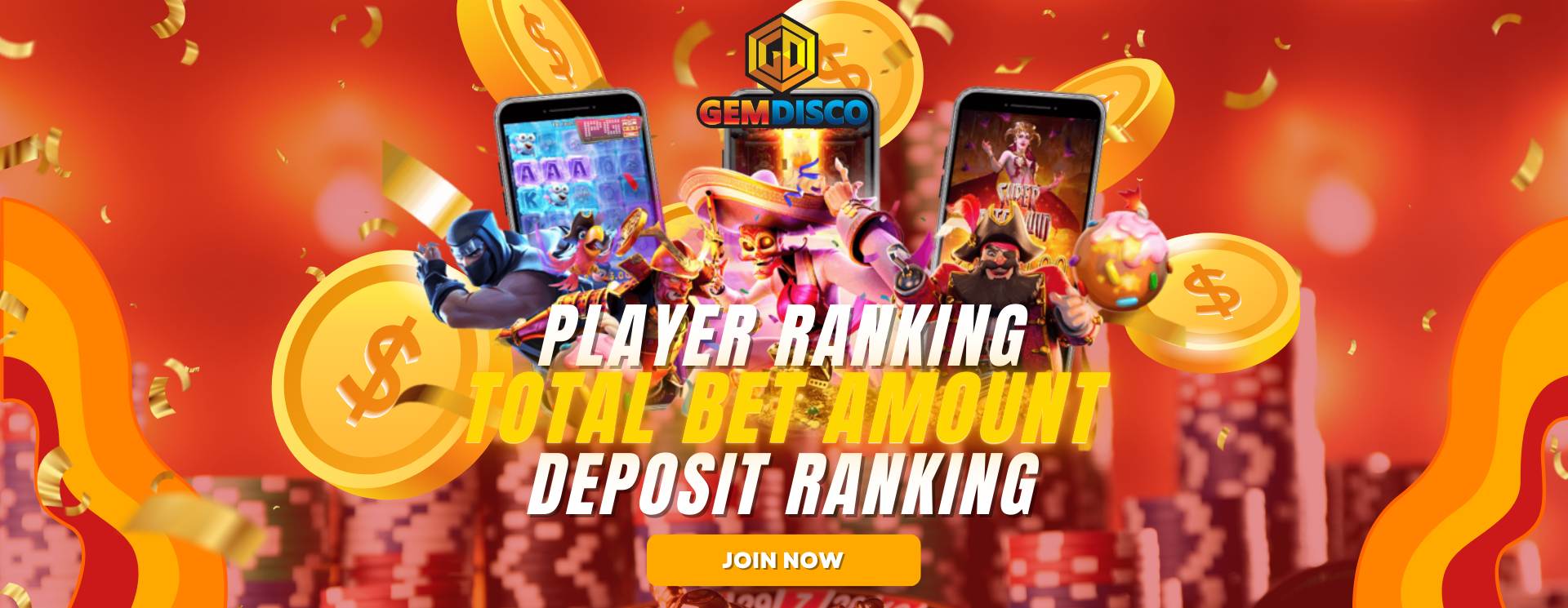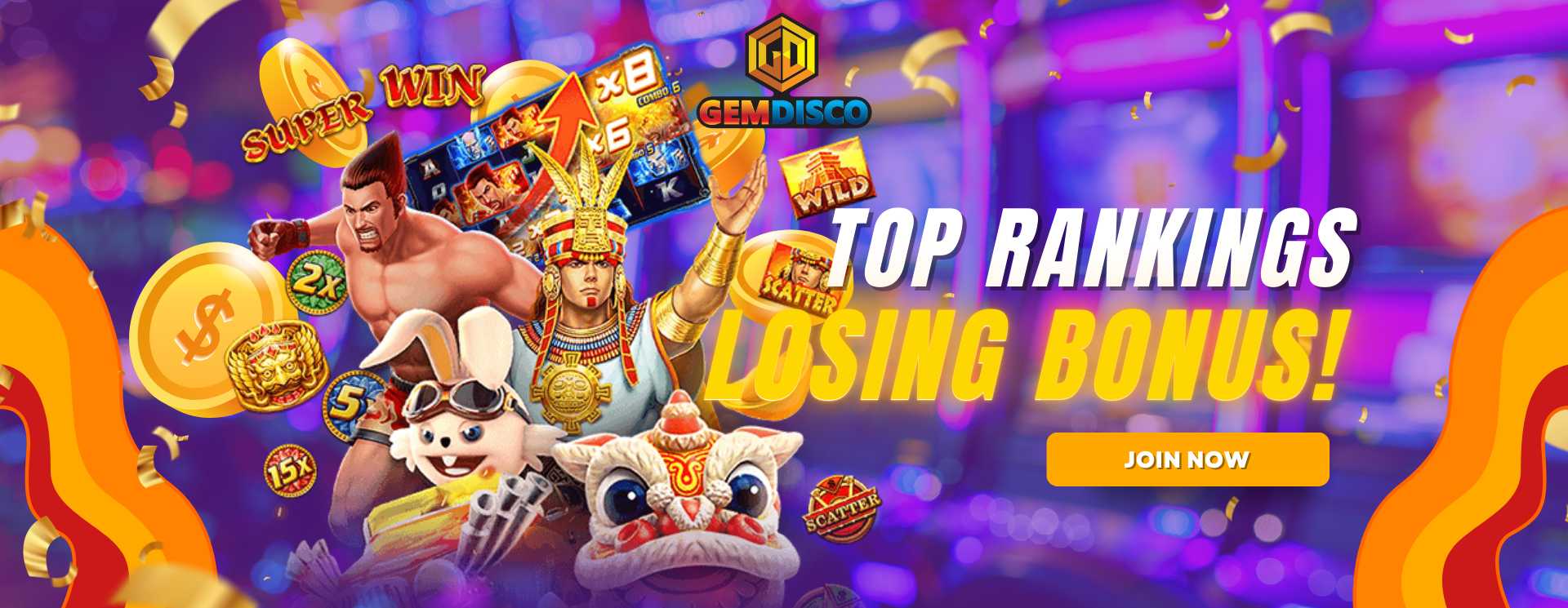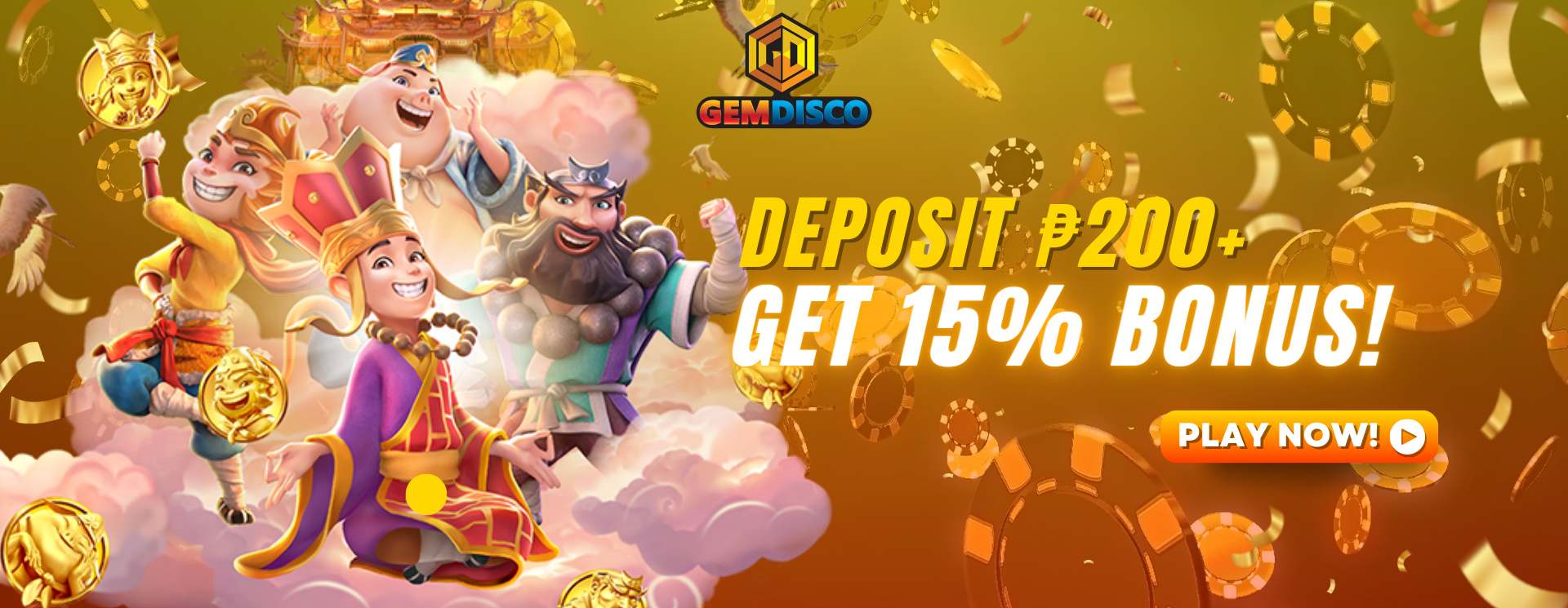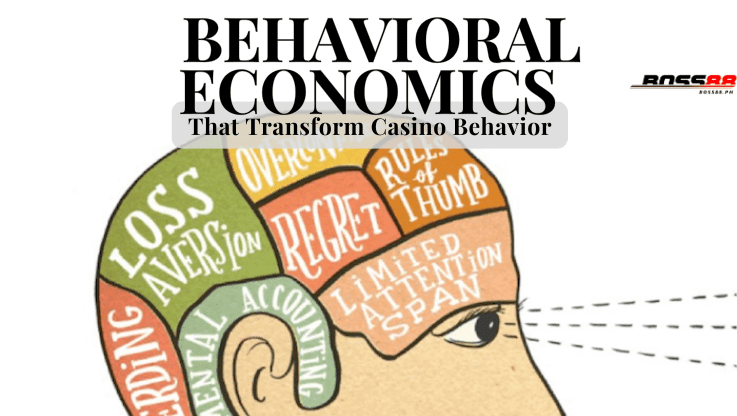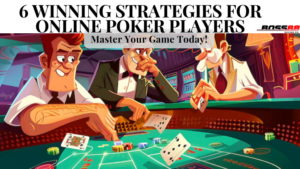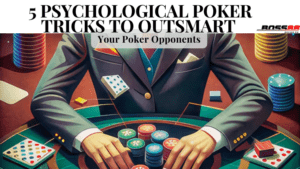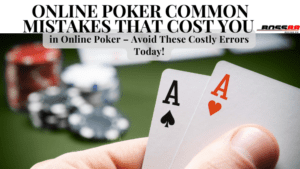Behavioral economics explores the intersection of psychology and economics, revealing why people make irrational decisions, especially in high-stakes environments like online casinos. These insights can provide both players and operators with a better understanding of the psychological mechanics driving behavior, enhancing decision-making and promoting responsible gambling. Below are five key insights into how behavioral economics shapes casino behavior in the online realm.
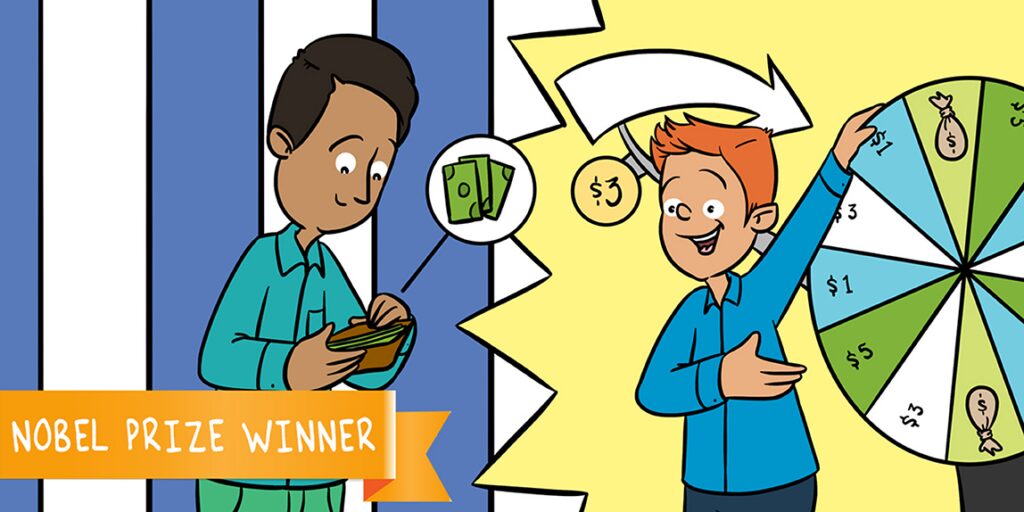
The Illusion of Control, Behavioral Economics
What It Is:
The illusion of control refers to a person’s belief that they can influence outcomes that are entirely dependent on chance. In online casinos, this manifests when players feel they can control the outcome of a game by choosing specific strategies or placing bets in a certain manner.
Application in Online Casinos:
Online slot games often incorporate elements that make players feel they have control, such as:
- Allowing players to “stop” spinning reels manually.
- Presenting games with skill-based bonus rounds, even though the main gameplay remains random.
Operators leverage this illusion to keep players engaged, as the feeling of agency creates excitement and prolongs playtime.
How to Counteract:
For players, understanding the random nature of online casino games can curb overconfidence. Responsible gaming tools like win/loss limits can also help prevent chasing losses rooted in this psychological bias.
Loss Aversion, Behavioral Economics
What It Is:
Loss aversion is the tendency to fear losses more than valuing equivalent gains. People are more distressed by losing $50 than they are happy about winning $50.
Application in Online Casinos:
Online casinos utilize this principle by:
- Offering “near misses” in slots, where the reels stop just short of a win.
- Providing cashback promotions or “loss rebates,” softening the psychological blow of losing money.
- Designing games where players feel the pain of missing a jackpot, motivating further play to “redeem” the loss.
How to Counteract:
Awareness of loss aversion can help players avoid irrational decisions like increasing bet sizes after a loss. Using predefined budgets and recognizing when to stop are vital strategies for combating this bias.
Hyperbolic Discounting, Behavioral Economics
What It Is:
Hyperbolic discounting is the tendency to prioritize immediate rewards over greater future benefits. In online casinos, players may favor instant gratification, even if it leads to long-term financial setbacks.
Application in Online Casinos:
Online casinos capitalize on this bias by offering:
- Instant rewards: Frequent small wins keep players motivated.
- Daily bonuses: Encouraging players to log in and play regularly for immediate perks.
- Limited-time promotions: Urging players to act quickly to secure bonuses or participate in events.
How to Counteract:
To mitigate hyperbolic discounting, players should focus on long-term enjoyment and responsible play rather than immediate rewards. Setting strict limits on time and money spent can help counter the pull of instant gratification.
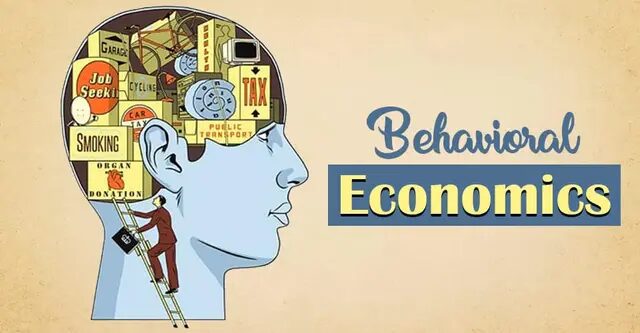
Anchoring Effect, Behavioral Economics
What It Is:
Anchoring occurs when individuals rely too heavily on the first piece of information they encounter when making decisions. In online casinos, this might involve initial bets, bonus offers, or advertised jackpots.
Application in Online Casinos:
Casinos use anchoring to influence behavior by:
- Displaying high jackpots prominently to encourage higher bets.
- Offering tiered bonus systems, where players are motivated to deposit more to claim better rewards.
- Highlighting big wins from other players to create an impression of potential outcomes.
How to Counteract:
Recognizing anchoring can help players make more rational decisions. Avoiding the temptation to increase bets based solely on perceived “larger rewards” is key. Comparing bonus offers objectively can also prevent impulsive actions driven by anchor values.
The Gambler’s Fallacy, Behavioral Economics
What It Is:
The gambler’s fallacy is the mistaken belief that past outcomes affect future events in games of chance. For example, after a losing streak, a player might believe a win is “due.”
Application in Online Casinos:
This cognitive bias is particularly common in games like roulette, slots, and blackjack, where randomness governs outcomes. Casinos exploit this belief by:
- Highlighting streaks (e.g., “hot” or “cold” numbers).
- Designing slot games with visible histories of recent wins and losses.
- Featuring live games with on-screen statistics, encouraging predictions based on patterns.
How to Counteract:
Understanding the independence of events in games of chance is critical. Each spin, roll, or deal is entirely random. Players should avoid chasing wins based on perceived patterns and focus on entertainment rather than expectations of guaranteed success.
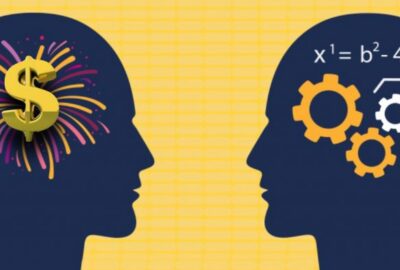
Final Thoughts: Behavioral Economics
Behavioral economics offers profound insights into the psychological factors that drive decision-making in online casinos. By understanding concepts like the illusion of control, loss aversion, hyperbolic discounting, anchoring, and the gambler’s fallacy, players can make more informed choices and enjoy their gaming experience responsibly.
For online casino operators, leveraging these insights responsibly can create engaging environments while promoting fairness and responsible gambling practices. Balancing entertainment with ethical considerations ensures that the industry thrives while protecting the well-being of its players.
Ultimately, the power lies in awareness. Whether you’re a player or an operator, applying these principles effectively can lead to a more enjoyable, sustainable online casino experience.



